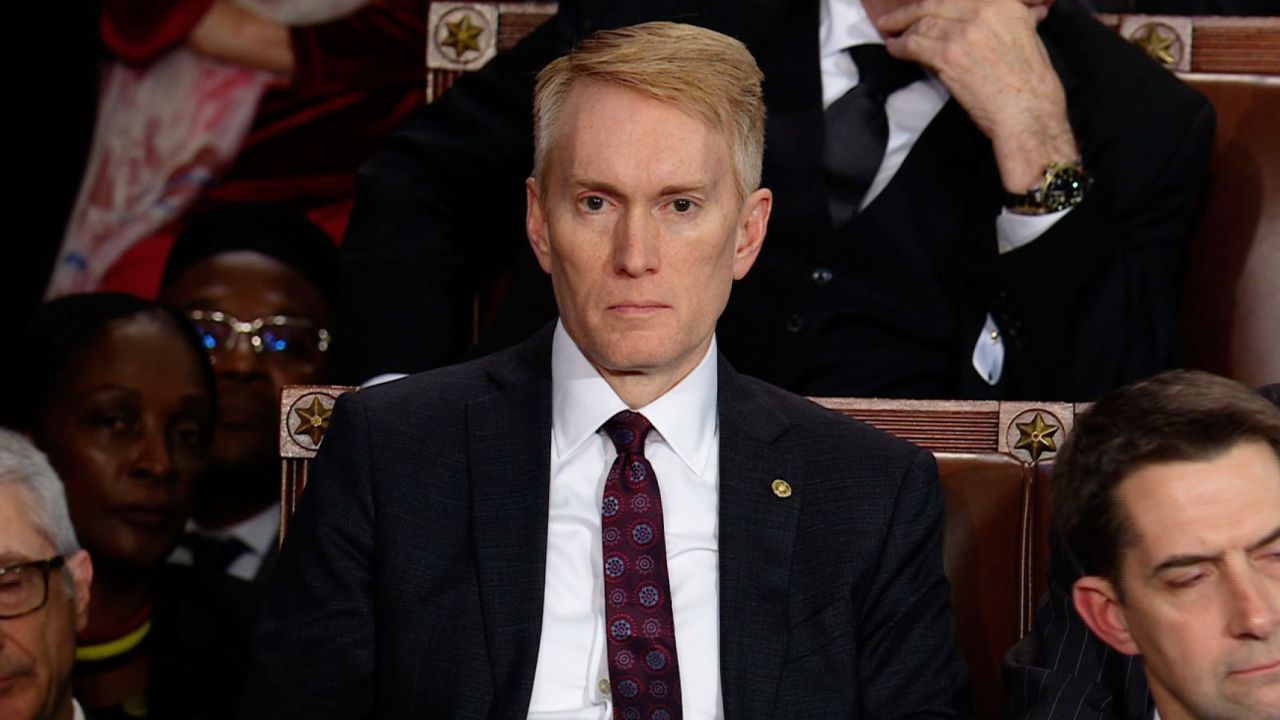
IndependentReport – Republican Senator James Lankford emphasized the critical need for the Federal Reserve Independence to remain an independent institution, separate from presidential influence and congressional maneuvering. Appearing on NBC’s “Meet the Press,” Lankford directly rejected the notion raised by Vice President JD Vance, who suggested that elected officials should play a role in setting interest rates. For Lankford, the Fed’s autonomy is essential to protect long-term stability rather than short-term political agendas.
Lankford explained that monetary policy should be the Fed’s domain, while fiscal decisions like taxation or tariffs fall under the president and Congress. According to him, overlapping these responsibilities would compromise the balance of power and erode trust in the financial system. His remarks came at a turbulent moment, with President Donald Trump pressuring the Fed to cut interest rates and abruptly firing Fed Governor Lisa Cook over disputed mortgage allegations.
The dismissal of Governor Lisa Cook, the first Black woman to hold the position, has raised significant concerns across the political spectrum. Many analysts see Trump’s move not as a matter of misconduct, but as a strategic reshaping of the Fed’s leadership to align with his policy goals. Cook has denied the allegations and filed a legal challenge, warning that her removal sets a dangerous precedent for the institution’s independence.
Democratic Representative Ro Khanna, while urging Cook to publish her mortgage documents for transparency, also condemned Trump’s actions as a direct assault on an institution meant to operate without political interference. This controversy echoes historical debates, where presidential influence over the Fed has previously resulted in market instability and credibility crises.
Read More : Fast Track Deportations in the US: Legal Challenge Stalls Expansion
Economists and lawmakers warn that compromising the Federal Reserve’s independence could destabilize both domestic and global markets. The Fed is tasked with safeguarding inflation control and economic stability, but its credibility depends on freedom from short-term political calculations. The risks include weakened investor confidence and the possibility of policy choices driven more by election cycles than by economic fundamentals.
For critics of Trump’s actions, the central issue lies not only in the removal of one official, but in a broader trend of undermining norms that shield monetary policy from politics. If the Fed is perceived as politically captured, it could lose its status as a trusted anchor for markets worldwide, raising borrowing costs and volatility across the financial system.
To better understand the stakes, analysts highlight six major dangers posed by political interference in the Federal Reserve:
These points illustrate that the Fed’s independence is not just a technical issue, but a pillar of democratic and economic stability.
Observers quickly drew parallels between Trump’s pressure on the Fed and the Nixon administration of the early 1970s. At that time, political influence on monetary policy helped secure short-term electoral gains but also fueled long-term inflationary problems. Economists fear history could repeat itself if the Fed once again bends to executive pressure.
The reminder of past mistakes highlights why today’s debate matters. For many lawmakers, ensuring that the Federal Reserve Independence can operate without political manipulation is not only about protecting numbers on a balance sheet it is about preserving trust in the integrity of U.S. institutions.
Also Read : White House Painting Sparks Outrage: Trump Roasted Across Social Media!
If the Federal Reserve is allow to function independently, its decisions will continue to be rooted in economic data, prioritizing sustainable growth and price stability. However, if political interference becomes normalized, future policy may reflect electoral convenience instead of sound economic judgment. The consequences could be slower growth, higher inflation, and even systemic crises that reverberate beyond America’s borders.
For now, the independence of the Federal Reserve remains at the center of a broader battle over democratic institutions and economic credibility. Lawmakers like Lankford insist that this autonomy must be defend at all costs because the stability of the U.S. economy, and by extension the global financial system, depends on it.